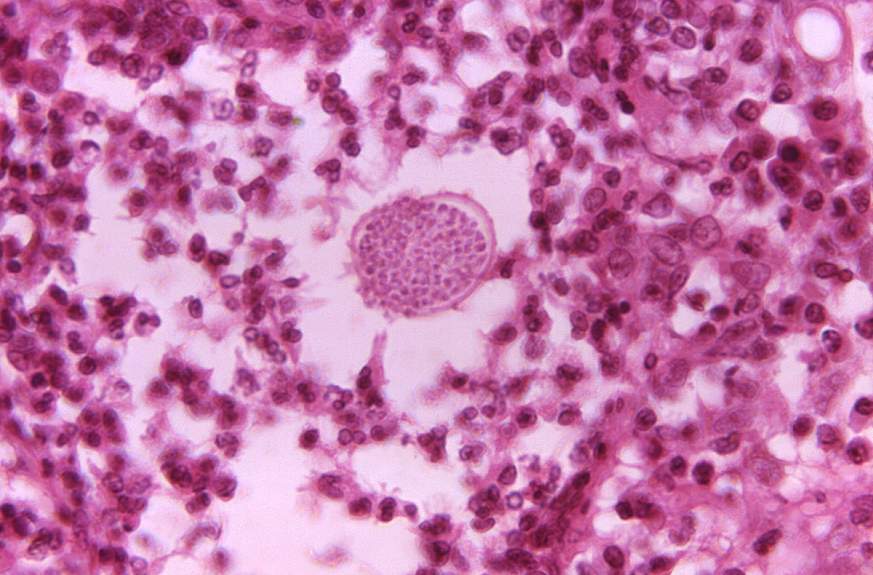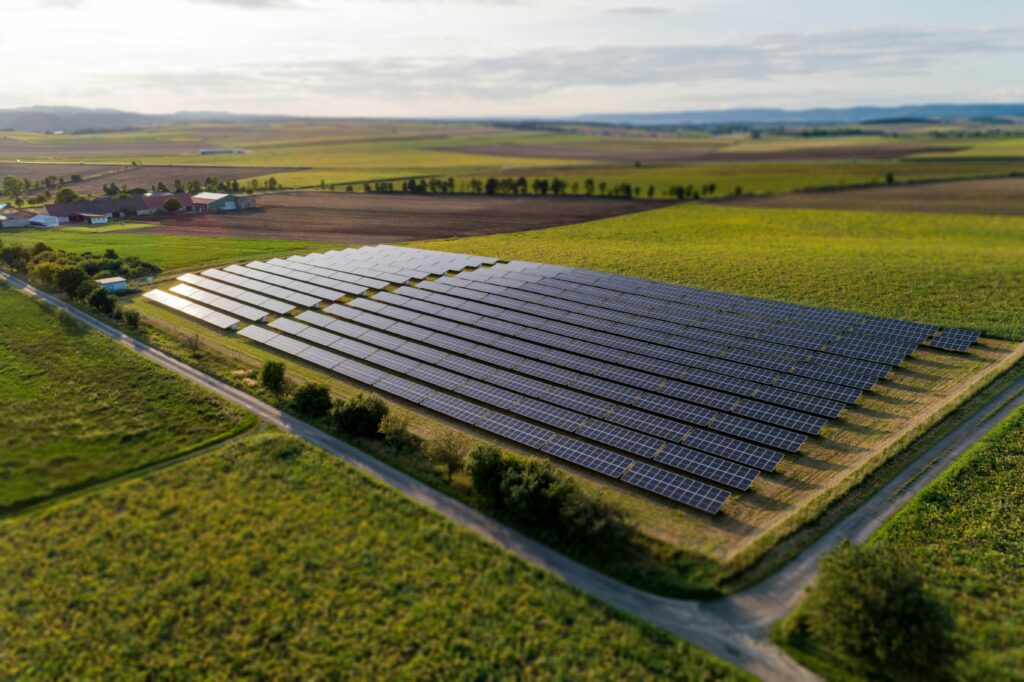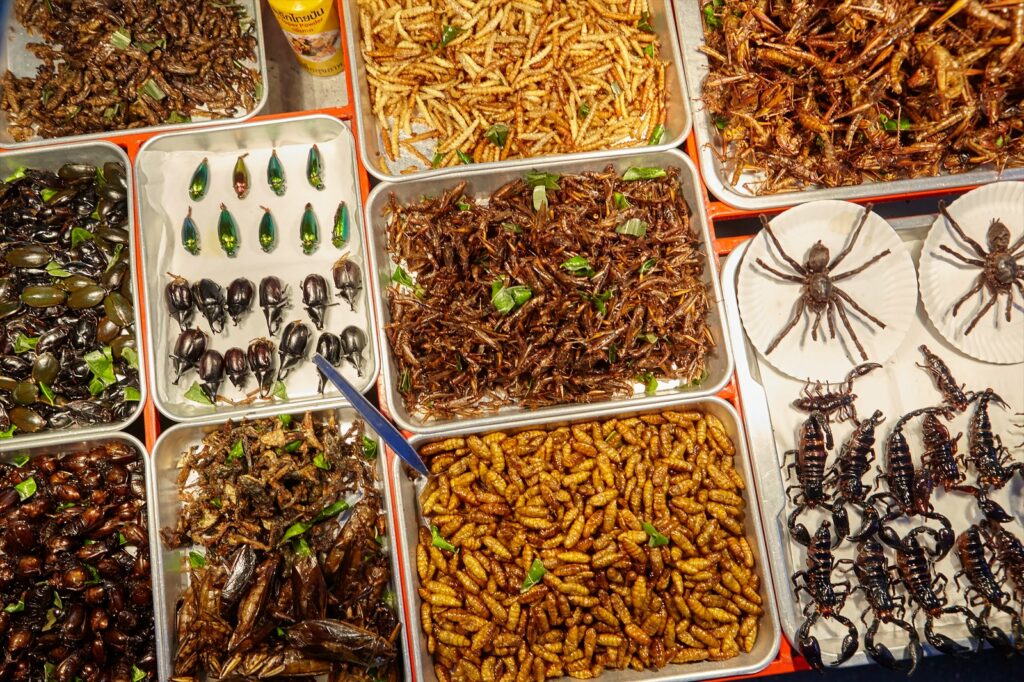Not to say COVID-19 serves you right. But according to Inger Anderson, executive director of the UN Environment Programme, it… um… serves you right. She told Britain’s Guardian “Never before have so many opportunities existed for pathogens to pass from wild and domestic animals to people… Our continued erosion of wild spaces has brought us uncomfortably close to animals and plants that harbour diseases that can jump to humans.” She’s quite wrong: the biggest opportunity for pathogens to pass from animals to people came with the invention of agriculture and animal husbandry 10,000 years ago. As Jared Diamond explains in Guns, Germs and Steel, the vastly different geography and ecology of different parts of the world explains why agriculture (plant and animal) flourished in Eurasia nearly 10,000 years ago and not elsewhere. And also how the resulting development of pathogens that rampaged through the “Old World” caused a demographic catastrophe of unmeasurable proportions when Europeans reached the Americas from the 1400s on.
Renaissance Europeans were petri dishes of nasty infections thanks to thousands of years of wading through animal waste, breathing in what they breathed out and vice versa, and getting their blood and worse into our cuts and sores. As to viruses, there is some justice in the maxim that agriculture breeds amoebas, cities breed bacteria and airplanes breed viruses. So yes, there may be more than a few nasty viral surprises lurking. And possibly “wet” markets are as good a way to unleash the next one as it would be possible for the febrile mind of humans to devise. But viruses are predators and we are prey and the teeming herds of human meat across the globe mean they will mutate to feed on us even if we never eat another bat.
It also means our problem here is not the Wrath of Gaia as we invade Eden. It’s evolution on a microscopic scale, and our own bad habits that facilitate the viruses’ constant search for another way to invade our bodies.
The PC police might reach for their whistles if we urge people not to eat civet cats and other endangered species, not to insist on your food being killed in front of you in a messy pool of blood and dirt and not to bribe the health inspector. But soft. It’s those famous “experts” including Andrew Cunningham of the Zoological Society of London who wants the “wet markets” shut down across Africa and Asia. And a team of researchers from Hong Kong who said (in 2007) that “The presence of a large reservoir of Sars-CoV-like viruses in horseshoe bats, together with the culture of eating exotic mammals in southern China, is a timebomb.” And before you accuse them of bigotry or at least cultural insensitivity, they were named Cheng, Lau, Woo and Yuen.



Before Andrew Cunningham of the Zoological Society of London gets too snooty about "wet markets", he might like a bit of history. That society, dating from 1824 and the brainchild of Sir Humphrey Davy, was envisioned "as a cultural showcase for Britain's Colonial Possessions, and a visible affirmation of London's global preeminence." And its first priority (believe it or not) was the importation of exotic game - "to tempt the palate of his aristocratic patrons with foreign delicacies." (Quotes come from "The Politics of Evolution", by Adrian Desmond.
Plus ca change...